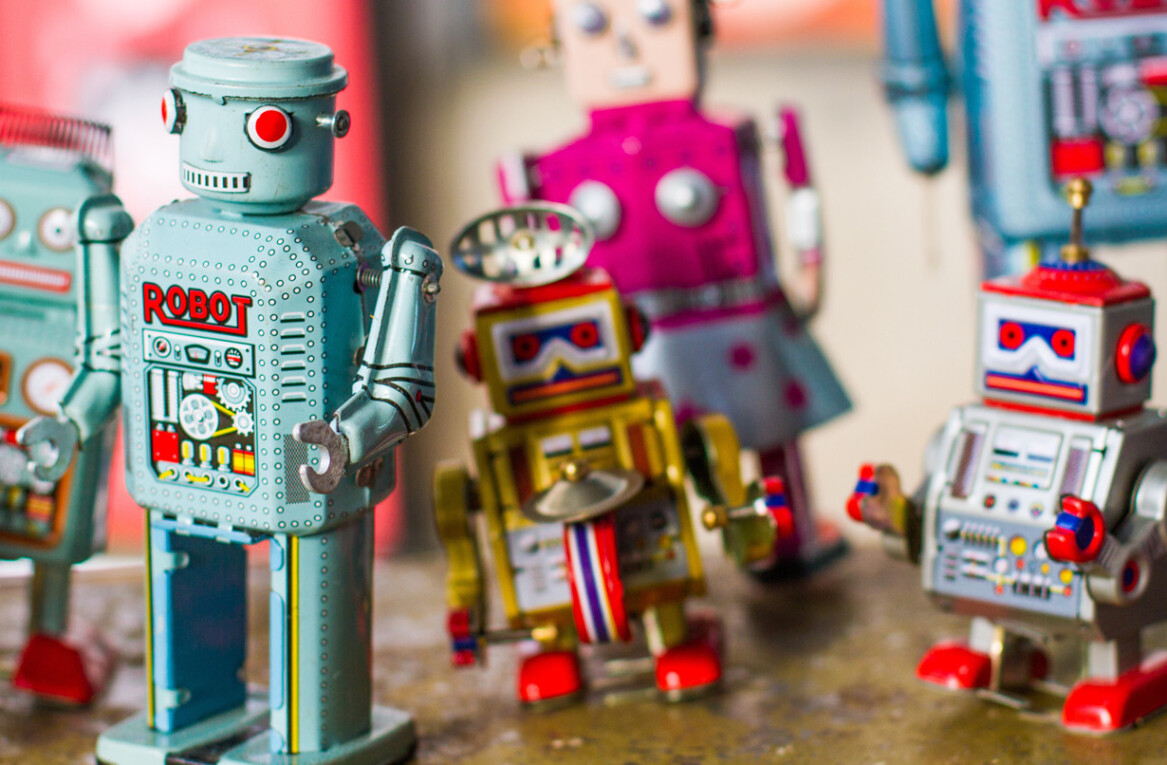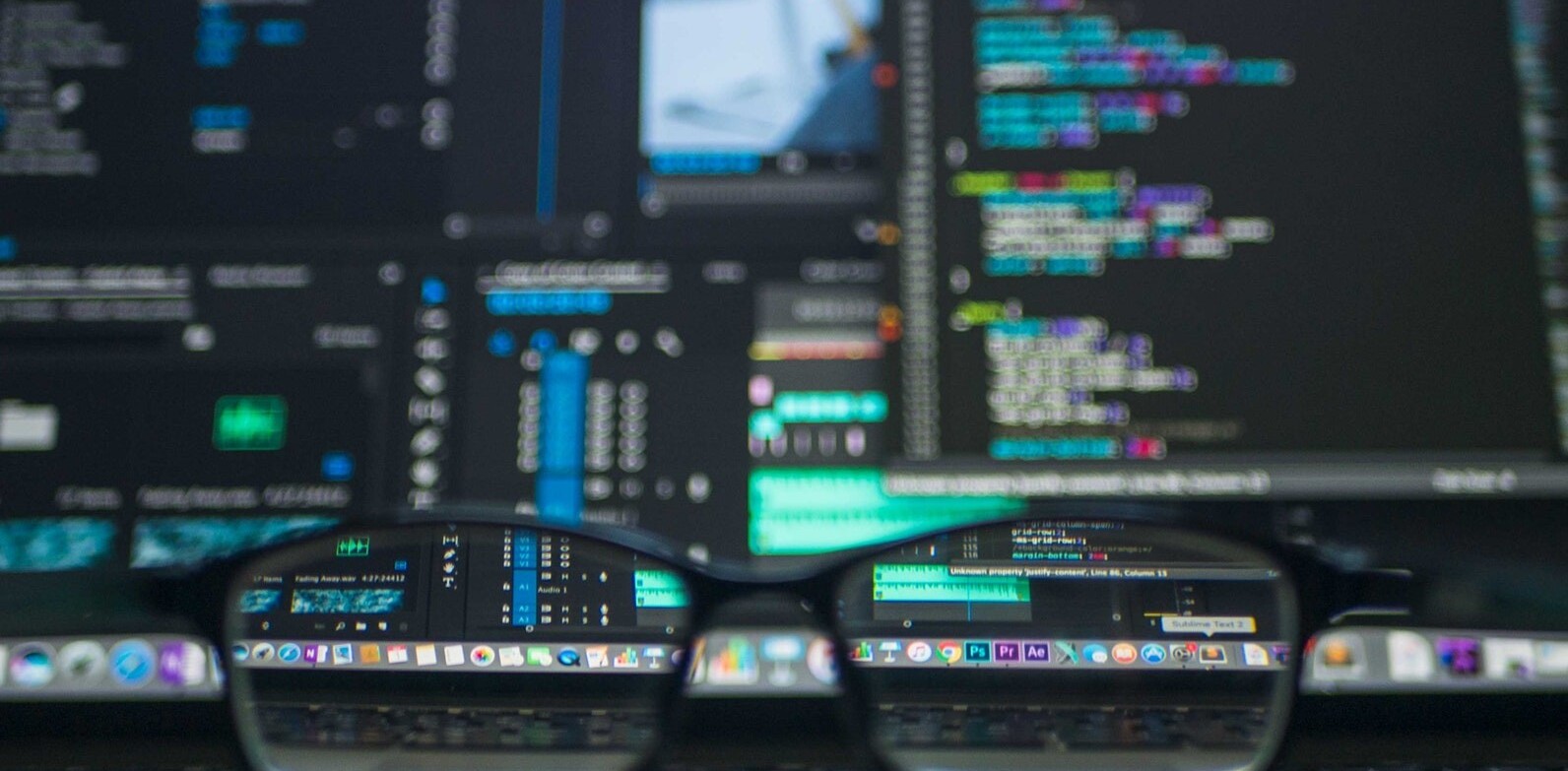
As a teenager, I used to frequently visit the local Tower Records store on my way home from school. Back in the day, Tower was the go-to place for all things music. Living on a budget, buying a CD was a significant expense that required me to puppy eye my parents for extra cash on a weekly basis. Buying music was too expensive, and more often than not, I felt somewhat cheated into getting the full album, when all I really wanted was to listen to a track or two.
Russ Solomon, Tower Record’s founder, used his father’s drugstore in the back of Sacramento’s iconic Tower Theater building to start his record business back in the 40’s. He did well and at its prime, Tower grew to become a large company, bringing in more than $1B in annual revenues with hundreds of stores spread across the globe, including the one next to my parents’ house.
As Tower focused on increasing their company’s revenues by selling more CDs and opening new stores, little did they know that a scientific discovery 5,000 miles away would change the world of music forever, and with it, the fate of their company.
On November 26, 1996, Bernhard Grill and a few of his colleagues from the Fraunhofer Institute for Integrated Circuits in Erlangen, Germany filed a patent for a revolutionary new digital audio format called, the MP3. Then came bit-torrents and piracy, iPod and iTunes. A couple of years later, Tower Records filed for bankruptcy. Russ’s company was in the CD sales game, and they were playing it extraordinarily well. What he and his team couldn’t see coming was the arrival of a new game; one with a different set of rules, for which they had no answer.

The name of that new game was tech disruption, and whoever mastered it first became unstoppable.
Your first billion
If you’ve been fortunate enough to work for a startup company and a large corporate, you’d know there are big differences between the two. Visiting a startup, you can’t help but notice the magic in the air and everyone’s bright-eyed passion, ownership, creative thinking, sense of urgency and speed of execution. Smaller teams have these in abundance, but as companies turn into corporations, they become slower, and people become comfortably numb.
How do you maintain everyone’s passion when your company is making a billion in revenue? How can you make sure your team will be the one who discovers the next MP3 of your industry?
For that to happen, there needs to be a way to keep people focused on doing important things, while maintaining a startup atmosphere. That’s hard when you’re small, and impossible when you’re too big, so a new type of organization must be built. One that borrows from the best of both worlds — maturity and scale from corporations; agility and raw passion from startups. It’s the next evolutionary step in the history of organizations, and it has to do with AI.
A change is coming
Think of what your life looked like only 25 years ago. There was no iPhone, no App Stores, no Facebook, no Amazon, no Twitter, no Big Data, no Google, no cloud and certainly no AI. Going back even further, say 90 years back — you get to when the large US corporations, such as insurance companies and banks, were founded. Back then, executives had a simple formula — make money, hire more people, earn even more money, hire even more people.
But, times are changing, and like my old CD player which fell into disuse, organizations that won’t break away from that century-old way of thinking will find it very hard to compete with the new breed of businesses built on technology, and not on headcount.
Driverless cars, autonomous trucks and ships, and robotic warehouses will become an integral part of our lives sooner than most of us realize. But autonomous technology reaches far beyond eliminating operating machinery. It has the power to unlock entirely new business models: when there are no drivers, there’s no need for car ownership, parking, gas stations or garages. Merely changing how we drive cars will affect how we design our future streets, highways, and cities.
Yet there’s one area still largely ignored by AI innovation: the organization itself.
If you spend the better part of your day in an office, think about all the repetitive tasks you do daily: gather data, update your peers and manager, compose reports, fill out forms, coordinate events, track progress, order stuff, sign documents, send out purchase orders, etc.
Most of these tasks can be automated by bots.
The rise of the autonomous organization
Future Autonomous Organizations will rely on AI to run routine and complex tasks better and cheaper than us humans can. Just like the impact of driverless cars on our future cities, the rise of Autonomous Organizations could fundamentally change the way we look at organizational structures, governance, and hierarchy. Executives and teams that cannot adapt to this new reality will quickly become obsolete. While traditional managers will hire more workers to solve scale problems, forward thinkers will hire product innovators, super-engineers, and AI/data scientists to help them build smart, autonomous tools.
As a well-funded company, there’s always the temptation to hire more people. I find myself fighting my instincts to do so, on a daily basis. Both my co-founder, Daniel, and I, often remind our team and investors that we want to build a different kind of a company. One with fewer people and more code — and that is driven by an ultra-smart, carefully selected small group of humans who together engineer a lean David rather than a brute Goliath.
As innovators, it’s our job to push back when we feel that our team drifts away from this vision, or as Daniel nicely puts it, get pulled by the ‘black hole.’ It’s the average and norms that we should be wary of, not the different and the new. After all, these kinds of fears are what brought the industry we’re trying to disrupt to what it is today.
A final word (of caution)
There is a looming risk if this is done without care and sensitivity. I can imagine a scenario in the not-so-distant future where corporations would gradually shed their human side, in favor of becoming more efficient. Such an organization could decide to have people report to bots as their managers. Bots would constantly evaluate human performance by comparing them to thousands of other humans doing the same job. I wouldn’t want to live in a world where people are hired, or fired, by an AI.
Just as with other revolutions in history, whenever we became stronger as a species, we also become more vulnerable. The forging of metals helped us create bridges and essential tools, but it also brought swords and guns. Our understanding of chemistry led to the pharmaceutical revolution, but it also pushed us to create weapons of mass destruction. As the famous cliché goes, with great power comes great responsibility, and it’s really up to us entrepreneurs and thought leaders to keep using AI for good, making more room for our humanity, instead of the other way around.
Get the TNW newsletter
Get the most important tech news in your inbox each week.





